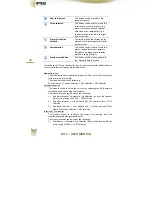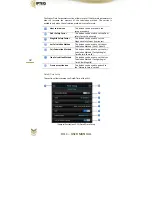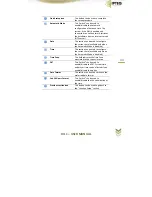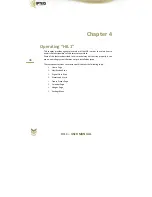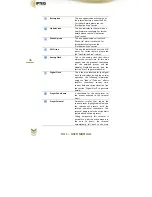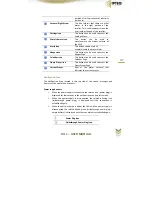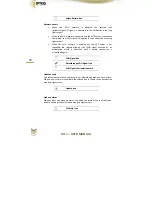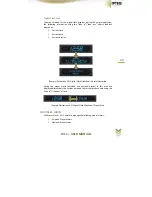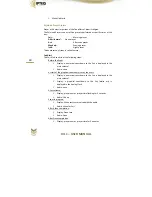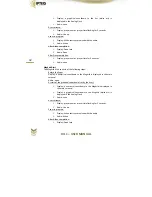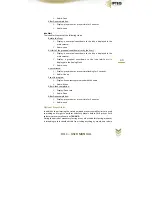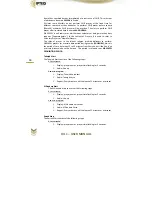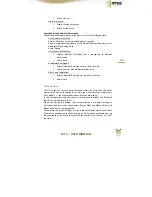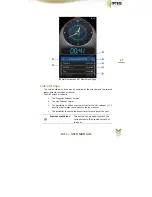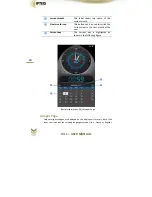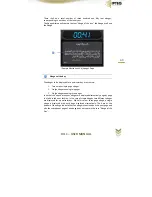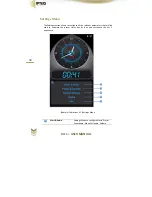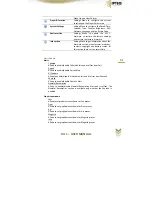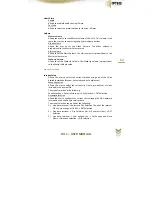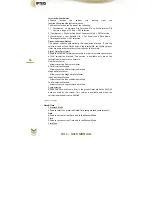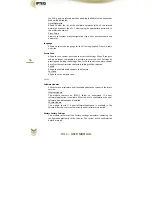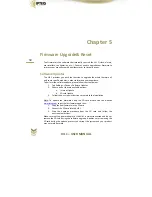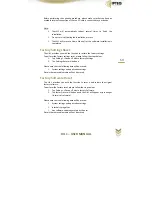
HIL
1
–
USER
MANUAL
44
from
other
specified
desires
immediately
at
occurrence
of
FAJR.
This
moment
of
abstinence
is
named
EMSAK
in
Arabic.
At
times
some
Muslims
do
not
perform
FAJR
prayer
at
the
fixed
time
for
different
reasons
but
they
endeavor
to
perform
FAJR
prayer
before
sunrise
(Shurukh)
otherwise
FAJR
prayer
will
be
overdue.
The
alert
to
perform
FAJR
prayer
after
its
stated
time
is
named
AL
‐
GOUDWA
‘NAWAFEL’
is
an
Arabic
term,
which
means
voluntary
or
doing
more
than
duty
requires
(‘Supererogatory’).
In
the
context
of
Prayers,
it
is
used
to
refer
to
Voluntary
Prayers
or
Nawafel
Prayers.
The
rules
of
prayer,
in
the
Islamic
religion,
prohibit
believers
to
perform
NAWAFEL
prayers
for
a
certain
time
period
during
sunrise
(
SHURUKH
),
which
is
the
period
of
time,
between
15
to
30
minutes
from
Shurukh,
until
the
Sun
is
up
a
certain
distance,
above
the
horizon.
This
period
is
referred
to
as
NAWAFEL
PROHIBITION
PERIOD
.
Tahajud
Alert
The
Tahajud
Alert
consists
of
the
following
steps:
At
occurrence:
Display:
prayer
name
+
prayer
time
flashing
for
3
seconds
Audio:
5
beep
Event
in
progress:
Display:
Tahajud
Verse
text
Audio:
Tahajud
Verse
Repeat:
Every
minutes
until
the
lapse
of
5
minutes
or
user
reset
Al
Goudwa
Alert
The
Al
Goudwa
Alert
consists
of
the
following
steps:
At
occurrence:
Display:
prayer
name
+
prayer
time
flashing
for
3
seconds
Audio:
5
beep
Event
in
progress:
Display:
Al
Goudwa
Verse
text
Audio:
Al
Goudwa
Verse
Repeat:
Every
minutes
until
the
lapse
of
5
minutes
or
user
reset
Emsak
Alert
The
Emsak
Alert
consists
of
the
following
steps:
At
occurrence:
Display:
prayer
name
+
prayer
time
flashing
for
3
seconds
Содержание HIL1
Страница 1: ......

